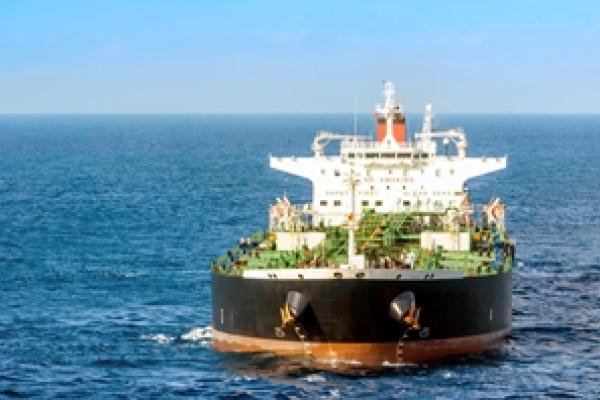
Bill Kirrane
Published: July 01, 2014

A recent High Court decision, Trafigura Beheer NV v Navigazione Montanari Spa [2014] EWHC 129 (Comm) considered the effect of an in-transit loss clause in a tanker voyage charterparty.
The ‘Valle Di Cordoba’ loaded a cargo of premium motor spirit at Abidjan, intended for Lagos. While waiting off the Nigerian coast, a group of about 15 armed men took control of the ship, and transferred about 5,300 tonnes of cargo to an unknown lightering vessel, before releasing the ship and her crew. The balance of the cargo was subsequently discharged at Lagos.
The charterers claimed against owners for approximately US$5 million for the loss of the stolen cargo under the terms of an in-transit loss clause included in the rider clauses to the charterparty, which stated that;
"In addition to any other rights which Charterers may have, Owners will be responsible for the full amount of any in-transit loss if in-transit loss exceeds 0.3% 0.5% and Charterers shall have the right to deduct from freight claim an amount equal to the FOB port of loading value of such lost cargo plus freight and insurance due with respect thereto. In-transit loss is defined as the difference between net vessel volumes after loading at the loading port and before unloading at the discharge port."
The charterparty was based on the Beepeevoy 3 form, including clause 46, which incorporated the Carriage of Goods by Sea Act, 1971, and thereby the Hague-Visby Rules Article IV, rule 2 defences, including perils of the sea and acts of public enemies.
Mr Justice Andrew Smith considered that the issues to be decided by the court were;
1. whether the theft of cargo by pirates constituted an in transit loss, covered by the clause, and
2. whether the in-transit loss clause imposed strict liability on the shipowner, or whether the owners could rely on the exceptions and defences contained in clause 46.
The Judge held that the parties to a commercial contract are free to contract on any terms that they agree, and that the starting point in considering a clause in a contract must be to look to the words and phrases that the parties have chosen to use. However, he considered that “…if apparently improbable commercial consequences flow from an interpretation of contractual wording and another is properly available, the court takes account of this…”.
He decided that the expression “in-transit loss” should be given its normal business meaning (although this was not exactly defined in the judgement), and that the second sentence of this in-transit loss clause should be interpreted as specifying how the loss should be determined, and not as a complete definition of in-transit loss.
So, on the first issue, it was held that “such expressions as “in-transit loss” connote loss that is incidental to the carriage of oil products, and does not extend to losses such as those that occurred in this case because of the action of the pirates”.
While this decision on the first issue was sufficient to decide the case in the shipowner’s favour, the Judge considered the second issue and commented that he did not see a conflict between the in-transit loss clause and clause 46, such that he considered that an owner facing a claim under the in-transit loss clause could still rely on the exceptions and defences provided by clause 46.
The decision seems to follow a trend for courts to consider a contract in its entirety, and seek to apply the business sense intended by the parties to the contract, rather than the precise meaning of particular words, where the wording is ambiguous, and the legal rules of construction allow. In the Supreme Court case of the Rainy Sky, Lord Clarke stated that;
“ …the language used by the parties will often have more than one potential meaning… the exercise of the construction is essentially one unitary exercise in which the court must consider the language used and ascertain what a reasonable person, that is a person who has all the background knowledge which would reasonably have been available to the parties in the situation in which they were at the time of the contract, would have understood the parties to have meant. In doing so, the court must have regard to all the relevant surrounding circumstances. If there are two possible constructions the court is entitled to prefer the construction which is consistent with business common sense and to reject the other”.
So, if there is doubt about the exact meaning of a charterparty or contractual term, and if there is more than one possible interpretation, it seems that a court will be more likely to look for the meaning that a reasonable person, with shipping knowledge and background, might understand from the term, rather than trying to apply a precise, legalistic, but unbusinesslike interpretation to the words.
It is understood that Charterers have obtained leave to appeal to the Court of Appeal. It will be interesting to see if the Appeal Court takes a similar approach in this case and/or seeks to clarify what types of loss are covered by in-transit loss clauses.
Article by Bill Kirrane


